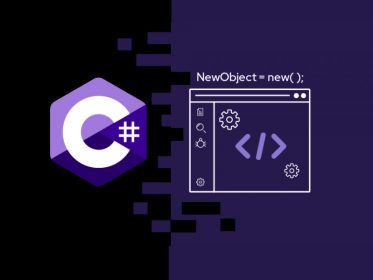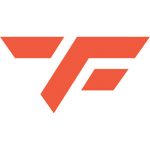C# – Programming Fundamentals

About Course
C# (pronounced as “C sharp”) is a powerful, object-oriented programming language developed by Microsoft. It is widely used for building a variety of applications, including desktop, web, mobile, and gaming applications. “C# – Programming Fundamentals” typically refers to a beginner-level course or learning program that covers the foundational concepts of C# programming. These courses are designed to introduce individuals to the basics of C# and help them build a solid foundation for further C# development.
A typical “C# – Programming Fundamentals” course may cover the following key topics:
1. Introduction to C#: Understanding what C# is, its history, and its role in software development.
2. Setting Up C# Development Environment: Installing the necessary software (usually Visual Studio or Visual Studio Code) to write and run C# code.
3. Basic Syntax: Learning the basic syntax of C#, including data types, variables, operators, and control structures (if-else, loops).
4. Object-Oriented Programming (OOP): Understanding the principles of OOP, such as classes, objects, inheritance, polymorphism, and encapsulation.
5. Methods and Functions: Learning how to define and call methods and functions in C# to organize code and perform specific tasks.
6. Arrays and Collections: Understanding how to work with arrays and C# collections (List, Dictionary, etc.) to store and manipulate data.
7. Exception Handling: Learning how to handle exceptions and errors in C# programs to make them more robust.
8. File I/O: Exploring how to read from and write to files in C# for data storage and retrieval.
9. Introduction to LINQ: An introduction to Language-Integrated Query (LINQ) for querying data in collections.
10. Basic Input/Output: Learning how to read input from the console and display output to the console.
11. Introduction to Windows Forms or WPF: An introduction to creating graphical user interfaces using Windows Forms or Windows Presentation Foundation (WPF).
12. Basic Algorithms and Problem Solving: Applying C# to solve simple programming problems and exercises.
Throughout the course, learners will likely work on various hands-on exercises and projects to practice their C# coding skills and solidify their understanding of the concepts taught.
As learners progress, they may want to explore more specialized topics within C# development, such as web development with ASP.NET, game development with Unity, cross-platform development with Xamarin, or enterprise-level development with .NET Core.
It’s worth noting that C# is part of the .NET ecosystem, and Microsoft continues to enhance the language and framework over time. As such, staying updated with the latest features and improvements to C# and the .NET platform is essential for aspiring C# developers.
Course Content
Introduction to Programming
-
Overview of programming languages and their applications
-
Introduction to C# and .NET framework
-
Setting up the C# development environment (Visual Studio, .NET SDK, etc.)

